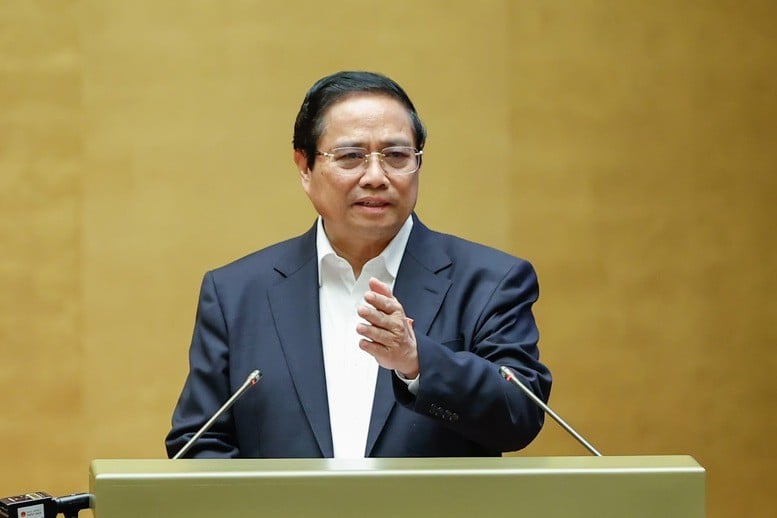
Resolution 68 also clearly stated one of the eight major groups of solutions: Promoting business ethics, promoting social responsibility, strongly promoting the entrepreneurial spirit, creating all favorable conditions for entrepreneurs to participate in national governance. In particular, it will honor, commend, and reward typical, advanced entrepreneurs and enterprises that do business effectively and sustainably, fulfill social responsibility well, and actively participate in community activities.
Therefore, although it was not yet an official launching ceremony, the message in the Prime Minister 's speech evoked an inspiring development ideology: getting rich - if legitimate, creative and responsible - is also a patriotic act.
Remarkably, the message also simultaneously unties A prejudice that has long been simmering in the social psyche : the notion that poverty is purity, while wealth is synonymous with exploitation and degradation. For a long time, the mentality of "doubting the rich" has caused the motivation to strive to become truly rich to be restrained and economic success often has to be hidden. Now, when the head of the Government affirms that "competing to become rich" is a patriotic act, it is a great step of spiritual liberation - helping to restore honor to success and legitimacy to the desire for personal development.
Thus, "getting rich" is established in the national vision as a value associated with patriotic emulation - a profound shift in development thinking: linking personal aspirations with national ideals, connecting economic actions with the spirit of serving the Fatherland and enhancing the dignity of material success in the era of socialist-oriented market economic development.
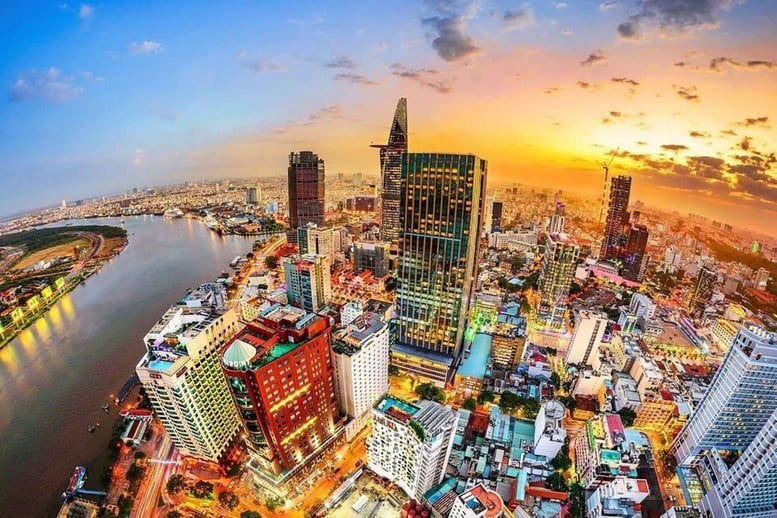
In a socialist-oriented market economy, getting rich is the constitutional right of every citizen. But when the country enters a new stage of development, getting rich is not only a right, but also a citizen's duty. Legitimately getting rich not only brings wealth to individuals, but also creates jobs, increases budget revenue, promotes innovation and spreads social values. A successful businessman, a good farmer, an effective young entrepreneur - all can become "economic warriors" in peacetime if their achievements contribute to the overall prosperity of the country.
Enrichment, therefore, needs to be understood in three layers of meaning: enriching the individual is to promote freedom and creativity; enriching the community is to create shared values and social cohesion; enriching the nation is to enhance internal strength, expand position and consolidate national character. These three layers of meaning are not separate but spread into each other, forming an integrated development mindset - both liberating human potential and promoting national strength.
However, for the emulation movement to become rich to be successful and not fall into formality, the prerequisite is that it must be based on a foundation of policies, institutions and substantive support mechanisms. Emulation cannot be implemented by slogans if the business environment is still unstable, if property rights are not fully protected, if the law does not truly accompany businesses and people. The movement is only meaningful when it is linked to institutional reform, improving the investment environment, reducing legal risks and ensuring fairness in access to opportunities.
The important thing is to measure the real value: how many useful business initiatives are born, how many sustainable jobs are created, how many communities are lifted out of poverty and prosper thanks to individual efforts. The honor in the movement should aim at examples of people who have become rich through innovation, business ethics, service spirit, and dedication - not simply the person with the most assets.
To do that, we need to build a synchronous development ecosystem. Policies must inspire motivation and protect autonomy. Institutions must be transparent, stable and viable. State resources must be allocated intelligently to activate markets, support vulnerable groups and develop strategic infrastructure. And most importantly, the private sector must be seen as a central force in development strategies – not just as an object of management but as a subject of action.
“Competition to get rich” does not replace patriotism with materialism. On the contrary, it expands the scope of patriotism – from trenches to factories, from fields to startup meeting rooms. In the current context, protecting the Fatherland is not only about national defense and security, but also about national competitiveness, about the prosperity of each family, each business, each region.
When getting rich becomes a civic ideal, when each person's development journey is connected to the destiny of the nation, when patriotic emulation is expressed through each specific economic action - that is when we are building a modern, self-reliant and aspirational socialist society.
Getting rich is glorious and patriotic – if the wealth is built with the minds, hands and hearts of Vietnamese people towards the future of the nation.
Source: https://baolangson.vn/lam-giau-la-vinh-quang-la-yeu-nuoc-5047688.html



![[Photo] Anh Hoang - Dinh Duc successfully defended the men's doubles championship of the National Table Tennis Championship of Nhan Dan Newspaper](https://vphoto.vietnam.vn/thumb/1200x675/vietnam/resource/IMAGE/2025/5/23/d6ab3bcac02c49928b38c729d795cac6)
![[Photo] Top players gather at the 2025 Nhan Dan Newspaper National Table Tennis Championship](https://vphoto.vietnam.vn/thumb/1200x675/vietnam/resource/IMAGE/2025/5/23/9ad5f6f4faf146b08335e5c446edb107)







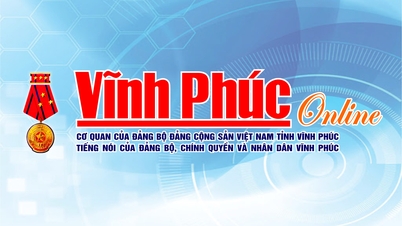

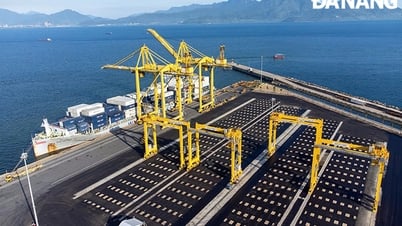







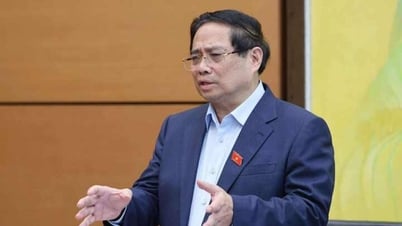
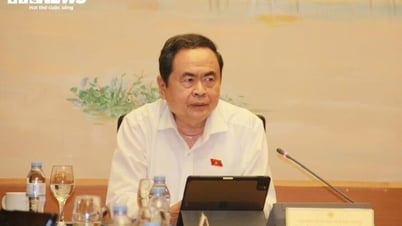

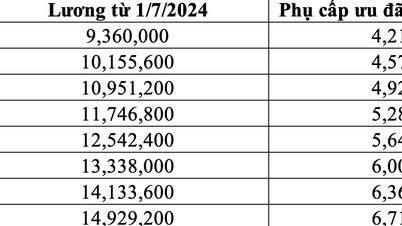
















































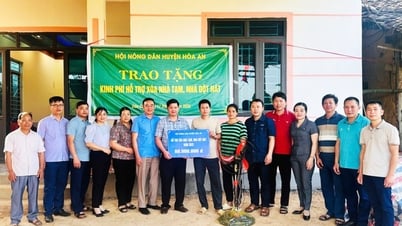

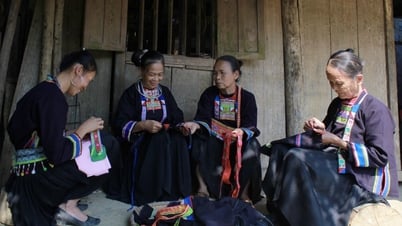
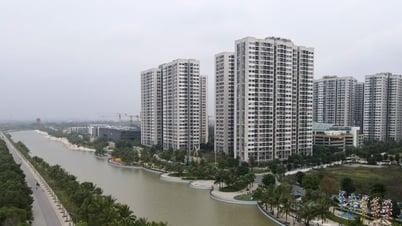


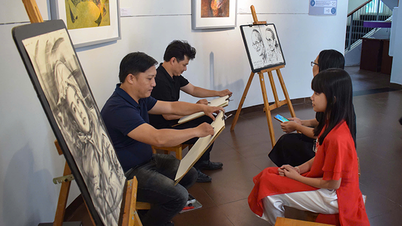












Comment (0)